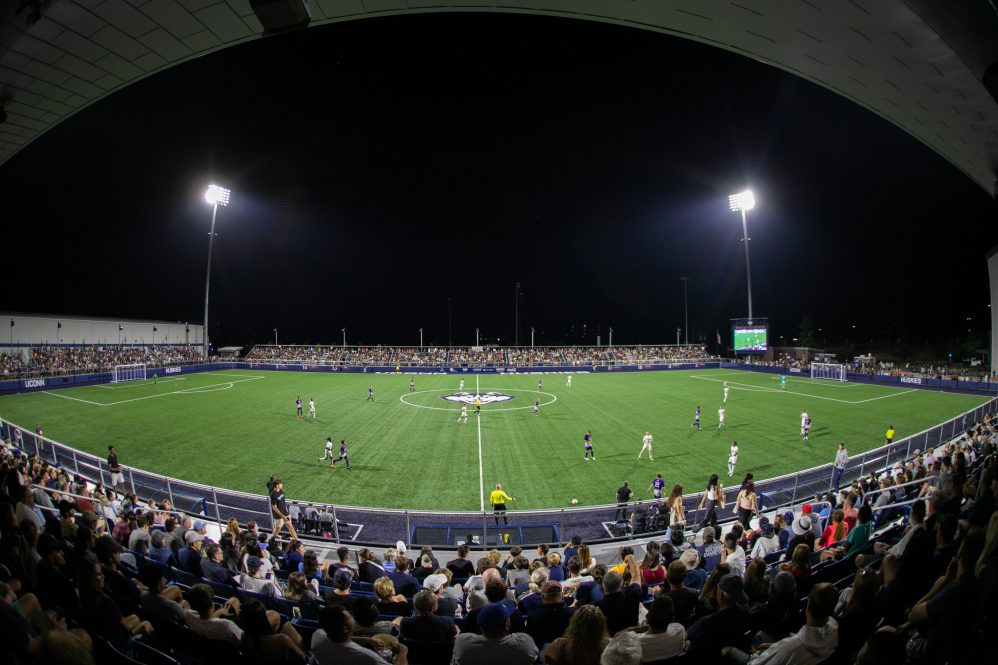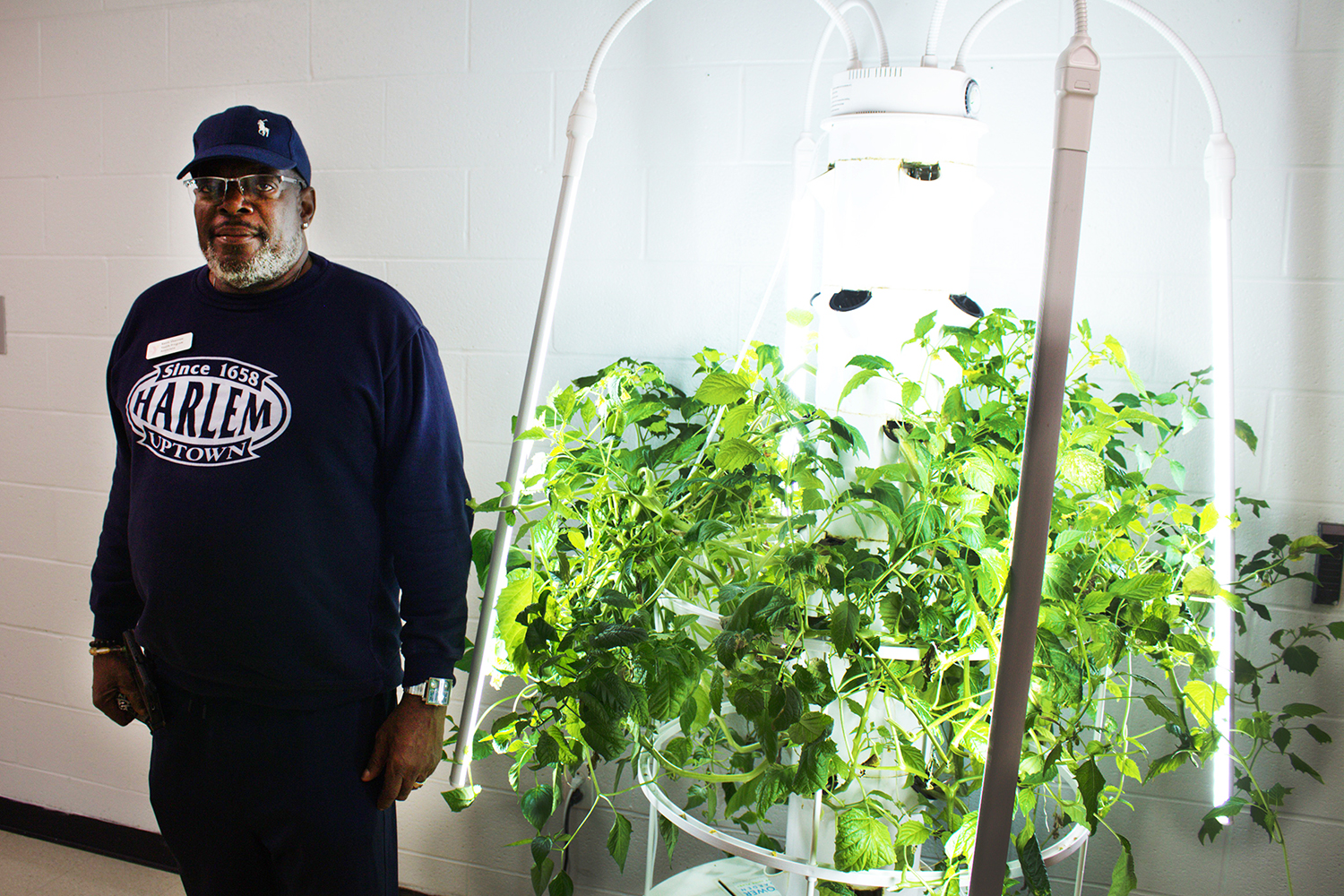The 2011 edition of the Fiske Guide to Colleges gave UConn a strong review and named engineering as among the university’s “strongest programs.” The guide contained a lengthy summary of the UConn campus, academics and research, student demographics, quality of life issues and overall performance.
The guide notes UConn’s intensive campus construction program, top athletic teams, undergraduate research opportunities, caring instructors, 250 campus clubs and organizations, well maintained dormitories and strong academics. It also highlights UConn’s role as the only public university in New England to offer majors in environmental engineering, computer engineering, computer science, and metallurgy and materials engineering.
These qualities make UConn an attractive option for top students nationwide. The guide quotes one senior as saying “I’m incredibly proud to be a UConn student. And the four years I have spent here have been the best of my life.”
For the fall 2010 term, paid deposits for students who intend to pursue their engineering degrees at UConn are up by more than 13% versus fall 2009. Of these, 432 students have registered to attend UConn. Almost 25% of the registered incoming freshmen have been accepted into the University’s competitive Honors Program. The average SAT (mathematics and verbal combined) of the incoming freshmen is 1275.
Life after UConn
A UConn degree is valued by employers as well as students. In the School of Engineering, graduating seniors are surveyed each term. Survey responses allow us to better gauge our success in educating engineers who bring valuable skills to the marketplace. For the May 2010 term, nearly 70% of graduating seniors completed surveys. Outgoing seniors were evenly split between those who were beginning new jobs and those starting graduate programs.
Another key finding of the surveys was that most seniors had completed one or more internships or co-ops during their undergraduate years, and they ranked these hands-on opportunities as among the most valuable learning experiences of their UConn years.
Engineering graduates who planned to attend graduate school were accepted to top universities, among them Carnegie Mellon, Cornell University, Johns Hopkins University, NYU Polytechnic Institute, Purdue University, Tufts University, the University of Colorado, UConn, the University of Massachusetts, the University of Pennsylvania, the University of Pittsburgh, the University of Texas and Yale University.
Destination employers included Abbott Labs, Accenture, AECOM, BAE Systems, Bauer Inc., Cigna, Connecticut Science Center, Covidien, Datavit, DiCarlo & Doll, Flow Tech, General Cable, General Dynamics Electric Boat, GKN Structures, HAKS Engineering, Hamilton Sundstrand, Lenard Engineering, Logos Technologies, Microsoft, Naval Undersea Warfare Center, Northeast Utilities, Pratt & Whitney, Sealed Air, Sensata, Siefert Associates, Sikorsky Aircraft, Stanter Consulting, 3M, U.S. Marine Corps, Unilever, United Concrete, United Health Group, URS Corp., UTC Power, Westinghouse Electric and Whitcraft LLC
The starting salaries for graduating seniors who were starting jobs in industry are shown in the table.




